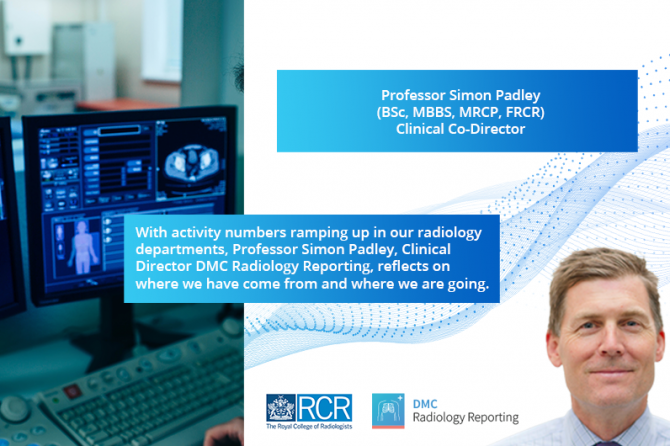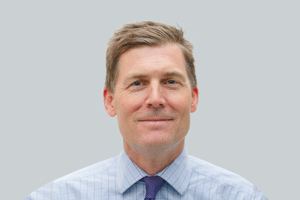
Blog | DMC Radiology Reporting on Teleradiology and the NHS
With activity numbers ramping up in our radiology departments, Professor Simon Padley, Clinical Director DMC Radiology Reporting, reflects on where we have come from and where we are going.
A workforce challenge like no other…!
The current challenges in the NHS are unprecedented with ever-rising demand and a workforce struggling to keep pace. Staff shortages in many areas are nowhere more acute than in radiology: it is a sad fact that the UK lags significantly behind most of mainland Europe with only 8.5 radiologists per 100,000 population, compared to a European average of 13, based on latest estimates. The following Royal College of Radiologists’ (RCR) census data also make for grim reading:
- ~2000 full-time consultant clinical radiologist posts unfilled across the UK
- Consultant radiologist workforce is short-staffed by one third; 39% workforce shortfall forecast by 2026 (equating to 3166 full time radiologists)
- Delays in the reporting of radiology examinations results in long waits for patients and risks of delayed diagnosis
- 1 in 3 consultant radiologists experienced work-related stress
The RCR is right to be concerned and the problem is compounded by a trend for experienced consultants being nudged to retire at the earliest opportunity, not least because of current punitive pension tax policies.
Thinking outside the box & fostering new ways of working.

It is a fact that teleradiology companies are now part of the NHS landscape; a majority of NHS Trusts now rely heavily on outsourced teleradiology reporting to cope with demand caused not only by the chronic shortage of radiologists but also backlogs exacerbated by the COVID-19 pandemic. The shift to ‘working from home’, so common during the pandemic, has serendipitously impacted on teleradiology practice — radiologists working for teleradiology companies overwhelmingly do so in their own time and generally from home. Increasing technological sophistication — for instance, the availability of cloud-based PACS — has further helped the teleradiology sector to evolve.
I know that the teleradiology community helps to address this capacity shortfall; at DMC Radiology Reporting, we are proud of our ethos of working with GMC-registered/FRCR-radiologists with sub-specialty interests.
“There has never been a time when departments need teleradiology more than they do today.”
Post Covid working practices have changed. With the continued use of virtual consultations at my Trust, we have seen a significant fall in plain radiographs, once part of the routine of coming to clinic. Paradoxically there has been a simultaneous significant (~20%) rise in the number of requests for CT examinations, showing that there has been no decline in the demand complex cross sectional imaging.
Looking further afield.
As with other teleradiology companies, the staffing crisis has pushed us at DMC Radiology Reporting to engage actively with independently-verified international partners.
Progress has been made by the College in discussions with the Department of Health, leading to a welcome shift in perceptions about overseas colleagues. I am convinced there will be an important contribution to the UK radiology reporting workload by FRCR accredited radiologists working from home in other countries. These individuals, who have often worked and trained alongside us in our departments, will be held to the same licensing and professional qualification standards as UK-based radiologists in substantive NHS consultant posts. This paradigm shift has already started, with nighttime teleradiology cover being provided from the other side of the globe by radiologists working under much more suitable conditions than the middle of the night interpretations many of us have traditionally provided.
The 2nd Royal College of Radiologists-Royal Brompton Hospital, ‘Masterclass in Thoracic Imaging’ 23-24 February 2023
All of the above highlights the ever-evolving need for good quality teaching. DMC Radiology Reporting Ltd are proud sponsors of the 2nd RCR-RBH Masterclass in Thoracic Imaging. This RBH thoracic imaging course has been running in a variety of forms for more than two decades. Discussions are already underway with our new international reporting partners for extension of this teaching to an overseas training academy. This reflects the direction of travel with RCR examination centres already operational in other countries including India, Singapore and Hong Kong
The RCR-RBH course has been incredibly popular. This underlines our appetite, as a professional body, to return to Face-to-Face meetings. Thank you for joining us in February 2023. We look forward to seeing you in the near future!


